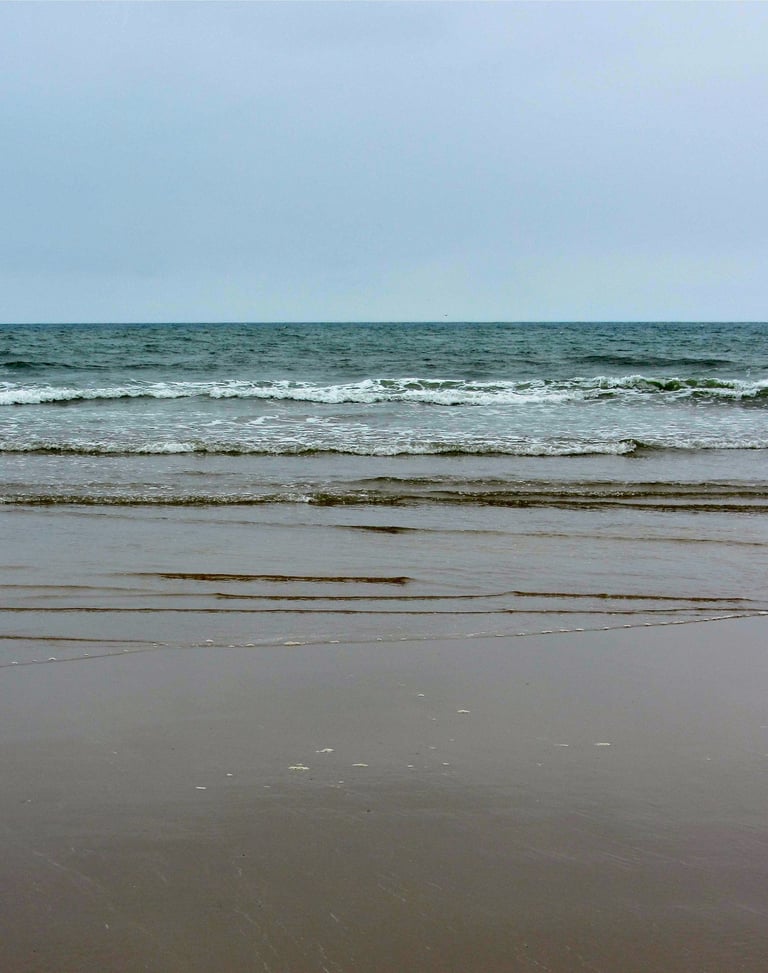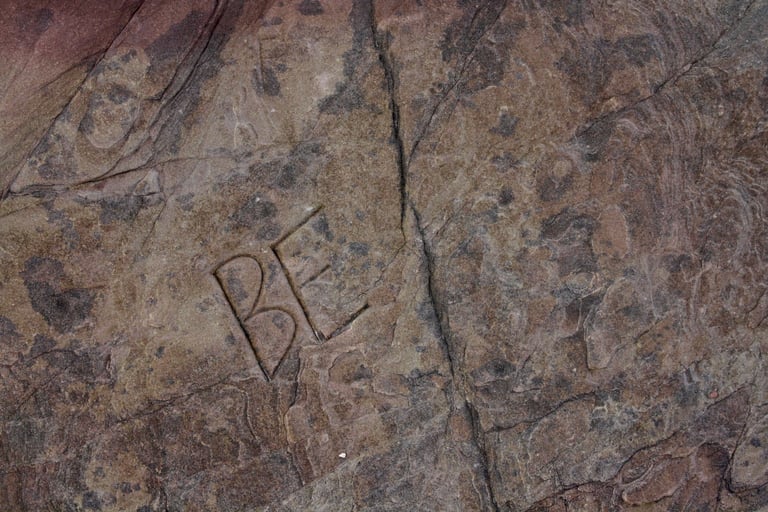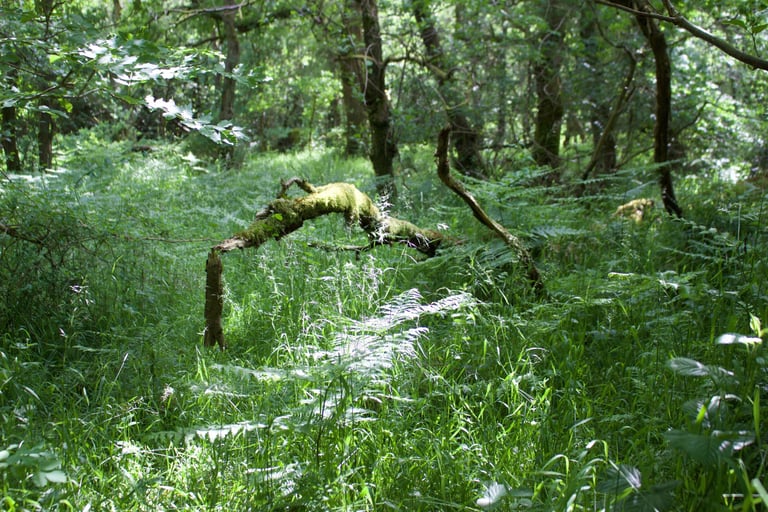

How I work
My Training & Foundations
I’m trained in person-centred counselling and have completed formal mindfulness teacher development training. These two threads—humanistic therapy and contemplative practice—form the heart of my approach. I also draw from polyvagal theory, somatic awareness, and my own lived experience to support a process that is relational, spacious, and rooted in compassion.
What is Person-Centred Therapy?
Person-centred therapy is based on the belief that each person has an innate capacity for healing and growth, given the right conditions. At its core are empathy, unconditional positive regard, and authenticity. Rather than diagnosing or directing, I aim to offer a safe, attuned relationship where you can explore your experiences without pressure or judgment. Over time, this space can allow for deeper self-understanding, emotional release, and new perspectives to emerge naturally.
"Tell me, what is it you plan to do with your one wild and precious life?"
—Mary Oliver


What is Mindfulness Practice?
Mindfulness invites us to bring our attention to the present moment with curiosity and care. It helps us become more aware of what’s happening in our bodies, emotions, and thoughts—without needing to change or fix anything right away. In practice, this might look like slowing down, tuning into sensation, or simply noticing patterns as they arise. It’s a way of meeting experience rather than escaping it, and over time, it can help regulate the nervous system and support emotional resilience.
Bringing These Approaches Together
In my work, person-centred therapy and mindfulness are not separate techniques, but mutually supportive ways of being. The person-centred approach offers a relational foundation of trust, empathy, and presence—creating a space where you can feel heard without pressure or expectation. Mindfulness brings gentle awareness to the body and inner experience, allowing whatever arises to be met with curiosity and care.
Together, these approaches help us explore what’s happening beneath the surface—emotionally, physically, and relationally. For many, spending time “in the head” is a natural, insightful way of navigating the world. Rather than seeing this as something to fix, I aim to honour it—and gently broaden the possibilities.
We might explore simple practices to support emotional regulation and connection, such as grounding through the breath, self-touch, mindful movement, or focusing exercises. These tools don’t replace thought—they invite the body into the conversation as another source of clarity, support, and self-trust. It’s not about changing who you are, but expanding the ways you can meet yourself—especially when things feel difficult.
My Experience with Mindfulness & Meditation
Alongside formal training, my mindfulness practice is grounded in over 30 years of personal meditation experience, including participation in group and individual retreats, as well as extended periods of silent retreat.These practices have offered me a way to meet life with more awareness, patience, and care—particularly in navigating the more complex aspects of my own experience, including energy regulation, focus, and emotional sensitivity.
Rather than offering mindfulness as a solution or quick fix, I see it as a subtle but powerful shift in how we relate to ourselves. It’s not about clearing the mind or reaching a perfect state, but about developing the capacity to notice—gently, consistently, and with kindness.
I take a secular, accessible approach to mindfulness in therapy, often framing it as attention training or focus practice. Whether or not it features directly in our work depends entirely on what feels relevant, meaningful, and helpful for you.


Training, Qualifications & Professional Background
I hold an MSc in Counselling and Psychotherapy from the University of Strathclyde and am a registered member of the British Association for Counselling and Psychotherapy (MBACP), working in accordance with their ethical framework.
My training is rooted in the person-centred tradition, with additional development in mindfulness-based approaches. I also hold a Certificate in Mindfulness Teacher Development (Living Mindfulness, Edinburgh), based on MBCT (mindfulness-based cognitive therapy) interventions, and a COSCA Certificate in Counselling Skills. Before becoming a therapist, I trained in Sculpture and Environmental Art at the Glasgow School of Art, and have worked extensively in creative, community, and care-based settings, including hospice care.
This varied background informs how I show up in the therapy space—curious, creative, and attuned to both spoken and unspoken layers of experience.
As part of my ongoing continuing professional development (CPD), I regularly explore areas of interest that may inform and enrich my therapeutic work. This includes both personal study and learning in community or group settings. My current areas of focus include Internal Family Systems (IFS) and the Felt Sense Polyvagal Model—approaches that resonate with my interest in relational depth, embodied awareness, and compassionate inner dialogue.


About Me
After a life of highs and lows, one of the quiet gifts of growing older has been learning to meet myself with more acceptance—to understand how I move through the world, and to make peace with it. As a gay man, and someone who’s known both physical and emotional struggle, I’ve found that these experiences have opened my heart rather than closed it. They’ve deepened my capacity for empathy and helped me connect more fully with others.
While everyone’s path is different, my own journey helps me stay attuned to the unique needs of the people I work with. These aspects of my life inform my approach to therapy and support me in being responsive, present, and compassionate with each individual I meet.
Movement is a steady part of my life, helping me ground and centre when my mind is scattered. I’m always finding ways to move gently, within the limits of my health, as a way to return to presence and balance.
Community and connection are equally vital. I believe we come to know ourselves more fully through being with others—through shared presence, nervous system co-regulation, and moments of genuine human contact.


“Be yourself; everyone else is already taken.”
— Oscar Wilde